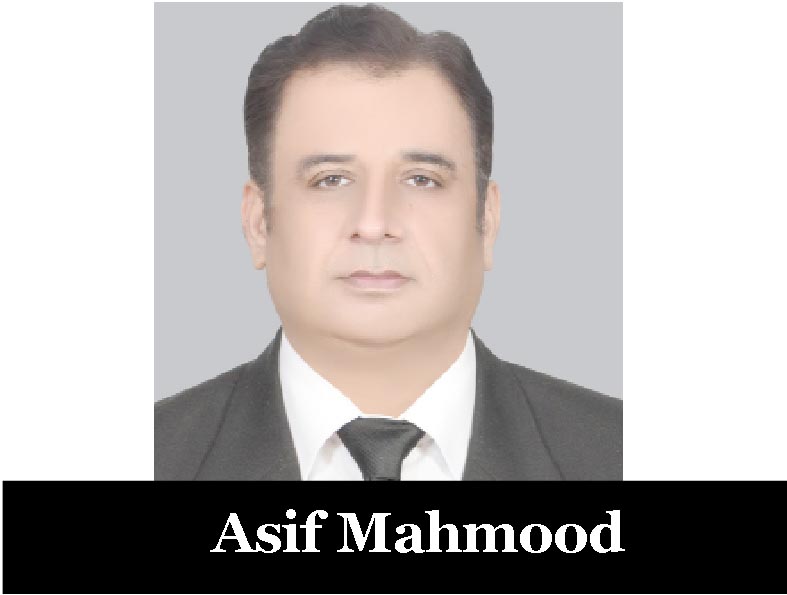Asif Mahmood
Can any state afford to outsource its foreign policy? Can a sovereign nation allow “private franchises” of diplomacy to flourish, where religious figures and political leaders step forward to offer their “services” in improving relations with other countries?
Every time Pakistan’s relations with Afghanistan face turbulence, a familiar spectacle unfolds. Certain individuals rush to the stage, eager to act as self-appointed mediators. But does the Pakistani state really appear so helpless that it must depend on the “private sector” for the conduct of its foreign policy?
If the Ministry of Foreign Affairs and its professionals can manage relations with every other country in the world, surely they can do so with Afghanistan as well. Across the globe, diplomacy is the exclusive domain of trained state representatives. Only in Pakistan do we see this peculiar practice where, whenever relations with Kabul deteriorate, a few religious or political figures suddenly claim that they can “resolve” the issue better than the state itself.
Maulana Fazlur Rehman recently offered to play a role in resolving Pakistan’s tensions with Afghanistan. There is no doubt that the Maulana is a respected figure in national politics and a voice of moderation in religious discourse. But what exactly would be his official standing in such an endeavor? Has any religious scholar in Kabul ever walked into the Pakistani embassy to tell our diplomats that he could mediate and improve ties with Islamabad? Or explained to his own government how essential Pakistan is for Afghanistan’s stability?
The question, therefore, is not about personalities but about principles. Why do such “well-wishers” of foreign states always emerge in Pakistan and never the other way around?
With due respect to all religious leaders, including Maulana Fazlur Rehman and Mufti Abdul Rahim, one must ask: who has convinced them that they can manage foreign relations better than the state itself? And to the state, another question: if this practice was ever officially encouraged, why was it?
Pakistan gave refuge to millions of Afghan migrants, not confining them to camps like Iran did, but integrating them with dignity into our social and economic life. They gained influence in markets and communities. Did Pakistan’s religious figures do more for them than the state did? And if they could not convince Afghan leaders to respect Pakistan’s sacrifices, why should we believe that their personal intervention will succeed now?
Relations between nations are managed at the diplomatic level, not through private channels. If a neighboring state is so sensitive that we must create special “franchises” to handle it, then perhaps a diplomatic deadlock is preferable to such dangerous improvisation. Because every time foreign policy is privatized, it creates internal fault lines within Pakistan itself.
Imran Khan, too, has now offered to mediate between Pakistan and Afghanistan. But given his record, he cannot be taken seriously in matters of foreign policy. During his tenure, Pakistan’s external relations reached unprecedented instability. Long-standing friendships were strained, and even on Kashmir, the Organization of Islamic Cooperation could not be convened. Lofty slogans about creating an “alternative to the OIC” ended in embarrassing retreats.
The principle is simple: states must deal with states. In the modern international system, there is no place for medieval-style “jirgas” or privately run diplomatic franchises. Both the government and these self-appointed intermediaries must understand that Pakistan’s foreign policy cannot be outsourced.
Foreign affairs are a matter of national sovereignty. They cannot, and must not, be privatized.
